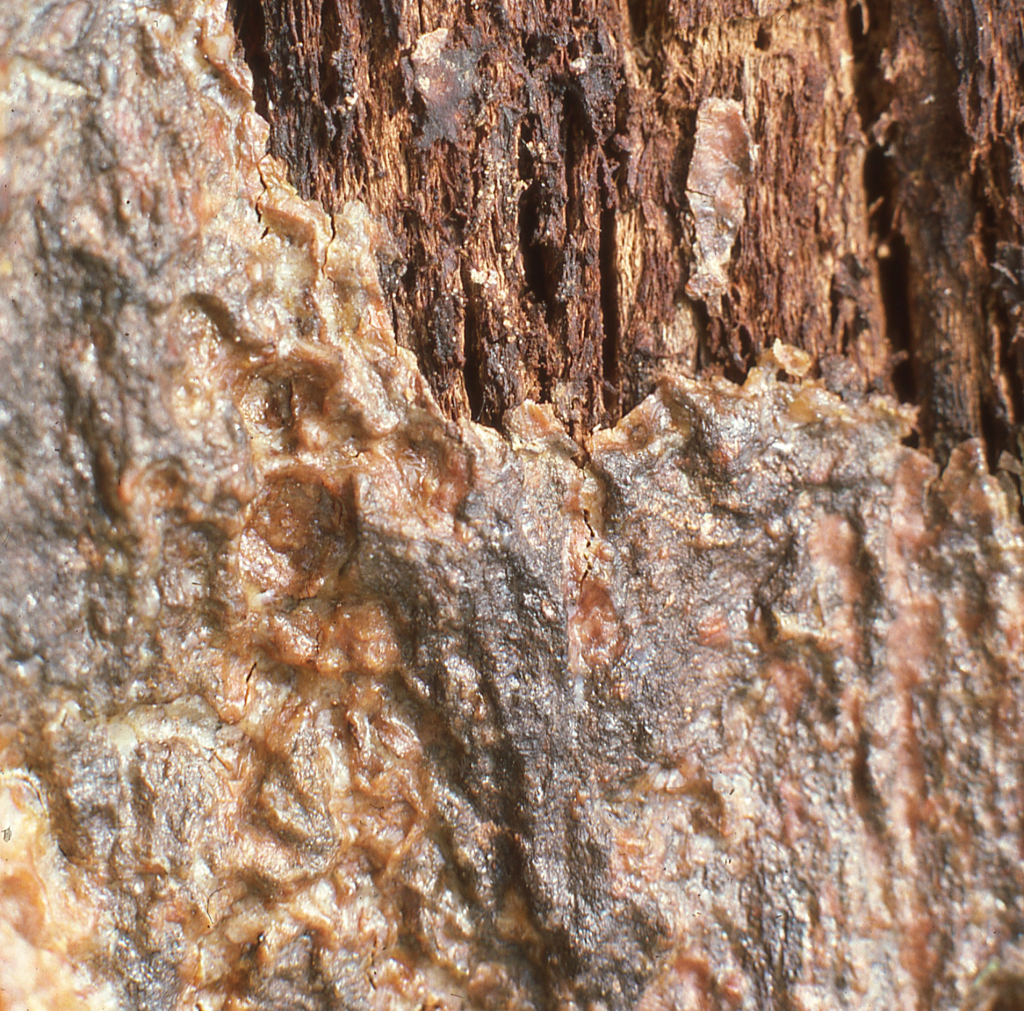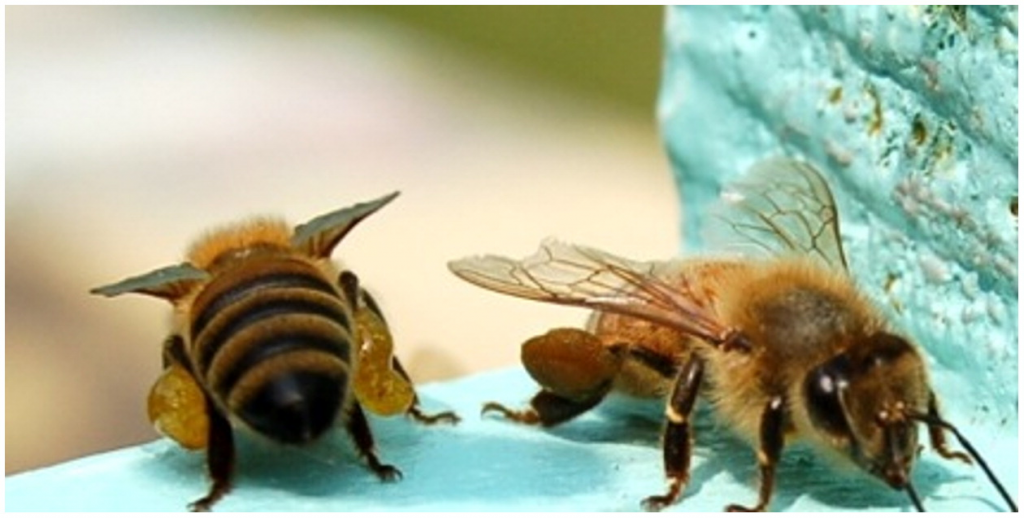
Honey bees collect resin from tree buds, sap flows, or other botanical sources then mix this resin with their own enzymes and beeswax to produce propolis. While beekeepers may loathe this sticky substance and find that is can be difficult to remove and clean, scientists have discovered propolis has many beneficial qualities that aid the health of the honey bee.

What Is the Propolis Envelope?
A propolis envelope is a thin, antimicrobial layer that honey bees create inside their hive using propolis, .
In a natural or wild hive (like one in a tree cavity), bees often coat the entire inner surface of the cavity with a continuous layer of propolis. This layer is called the propolis envelope. In managed hives (like Langstroth hives), bees may not build a full envelope unless the hive interior mimics the roughness and texture of a natural cavity.

Photo: M. Simone-Finstrom.
Why Is a Propolis Envelope Important to Honey Bees?
The propolis envelope plays several critical roles in colony health:
- Antimicrobial Defense
Propolis has strong antibacterial, antifungal, and antiviral properties. The envelope helps sterilize the hive environment, reducing the spread of pathogens like Paenibacillus larvae (American foulbrood) and Ascosphaera apis (chalkbrood). - Immune System Support
Studies show that colonies with a well-developed propolis envelope have lower baseline immune gene expression, meaning bees don’t have to work as hard to fight off infections. It acts like a “social immune system.” - Hive Climate Regulation
Propolis helps seal cracks and reduce airflow, which aids in maintaining stable temperature and humidity levels—important for brood development. - Structural Reinforcement
It strengthens the hive by filling gaps and smoothing surfaces, making it more defensible against intruders like ants or small mammals.
Beekeeping Implications
Beekeepers can encourage propolis envelope formation by:
- Using rough-surfaced hive interiors (e.g., rough-sawn wood or propolis traps).
- Avoiding excessive scraping of propolis during inspections.
- Selecting for bee strains that are propolis-positive (some bees are more inclined to collect and use it).
Summary of Benefits
- Antimicrobial Shield: Propolis inhibits bacteria, fungi, and viruses.
- Immune Modulation: Bees in propolis-rich hives show lower immune activation, conserving energy.
- Microbiome Stability: Propolis may help maintain a healthier and more stable microbial community.
- Pathogen Resistance: Reduced incidence of diseases like chalkbrood, American foulbrood, and possibly Varroa-related viruses.
References:
- https://journals.plos.org/plosone/article?id=10.1371/journal.pone.0291744
- https://journals.biologists.com/jeb/article/218/22/3689/14194/Seasonal-benefits-of-a-natural-propolis-envelope
- https://link.springer.com/chapter/10.1007/978-3-319-60637-8_2
- Youtube video showing a propolis envelope: https://www.youtube.com/watch?v=Es3aHh18ST0